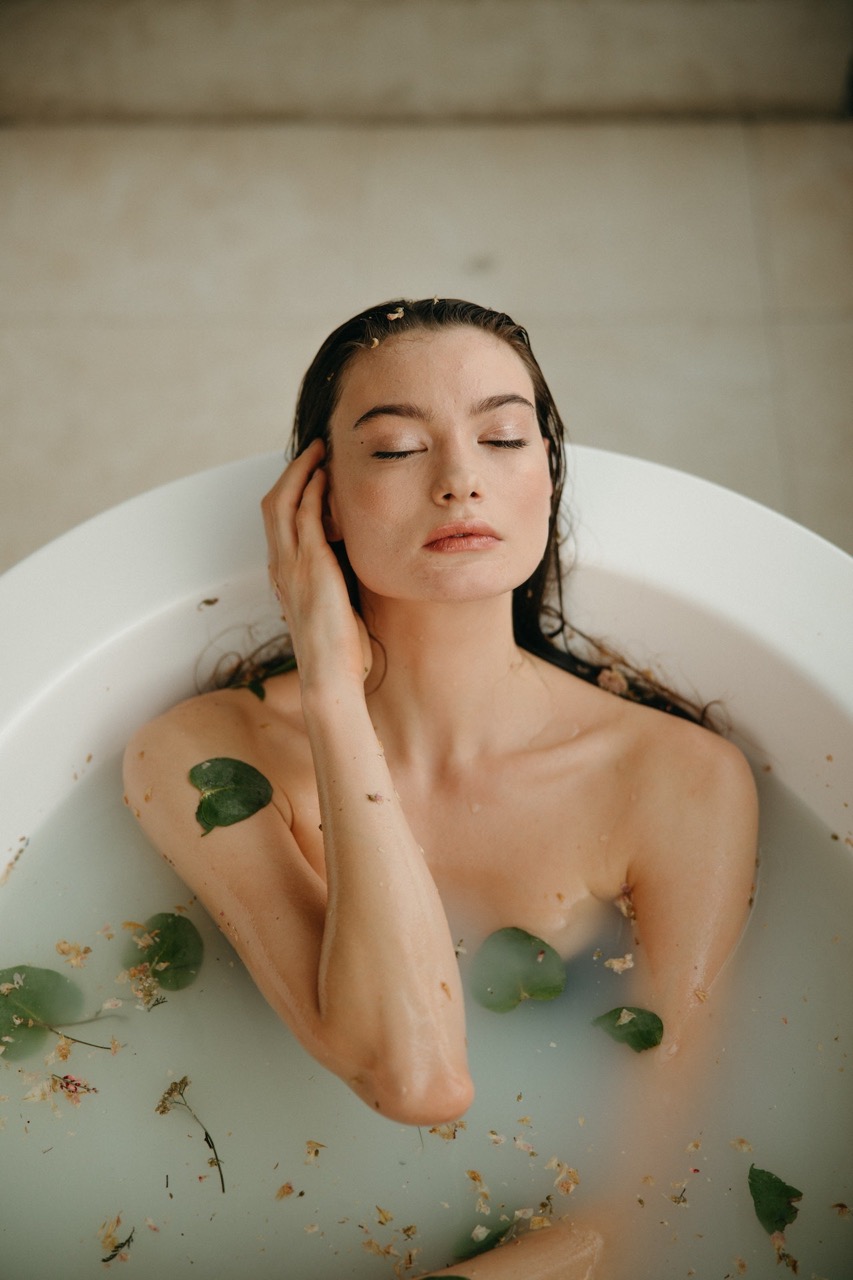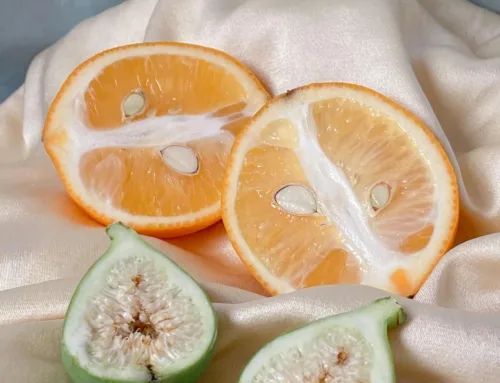Introduction
In the hustle and bustle of our modern lives, the importance of self-care has never been more pronounced. Amidst the cacophony of notifications, never-ending to-do lists, and daily stressors, finding moments of calm and rejuvenation is paramount. Enter the timeless ritual of the herbal bath—a sanctuary of relaxation and healing that people have turned to for millennia.
Historically, cultures worldwide have recognized the therapeutic properties of bathing with natural ingredients. The Ancient Egyptians, renowned for their beauty rituals, frequently indulged in luxurious milk and honey baths infused with aromatic herbs. Similarly, the Romans had their famed thermal baths, often adding lavender and rosemary to soothe aches and elevate the sensory experience. In Japan, the tradition of ‘Yuzu-yu’ sees families bathing with yuzu citrus fruits during the winter solstice, believed to ward off colds and bring good luck.
Herbal baths are not just about cleanliness; they’re a holistic experience. The right blend of herbs and warm water can transform your bathroom into a healing oasis, catering to both the skin and the mind. This article delves deep into the rejuvenating world of herbal baths, shedding light on their numerous benefits and guiding you on creating the perfect soak.
Understanding Herbal Baths
The art of herbal bathing is not merely about adding a few dried leaves to your water and hoping for the best. It is a purposeful and enriching practice, blending the science of botany with the luxury of self-indulgence.
What is an Herbal Bath? An herbal bath involves steeping various plants, herbs, or their extracts in bathwater. These plants are selected based on their therapeutic properties, releasing their beneficial compounds when soaked in warm water. It’s akin to making tea; only this ‘tea’ envelops your entire body, infusing the skin with its goodness.
Common Ingredients Used in Herbal Baths:
- Lavender: Known for its calming properties, it’s excellent for reducing stress and inducing sleep.
- Chamomile: With anti-inflammatory attributes, chamomile can soothe irritated skin.
- Rose Petals: Apart from their romantic appeal, rose petals can moisturize and tone the skin.
- Eucalyptus: Its invigorating scent helps clear nasal passages and can provide relief from cold symptoms.
- Calendula: Famed for its healing properties, calendula can aid in reducing skin inflammation and promoting wound healing.
Benefits for the Skin
Skin, our body’s largest organ, is often the first to manifest signs of stress, dehydration, or neglect. Herbal baths offer a nurturing solution, bringing along a plethora of benefits.
Detoxification: Many herbs, when combined with warm water, encourage the body to release toxins through the skin. Ingredients like seaweed or Epsom salts can enhance this detoxification process.
Moisturization: Herbs like rose or chamomile naturally moisturize the skin, leaving it soft and supple. By locking in moisture, they prevent dryness and reduce the onset of skin ailments.
Exfoliation: Some herbs possess gentle exfoliating properties. Oatmeal, for example, can help in removing dead skin cells, revealing a brighter complexion.
Soothing Irritations: For those with sensitive or irritated skin, an herbal bath can be a lifesaver. Herbs such as aloe vera or calendula can reduce redness and provide immediate relief.
Incorporating these natural ingredients into our bath routine can result in visibly healthier skin and a rejuvenated spirit. As we progress, we’ll delve deeper into the mental benefits of these baths and how they seamlessly align with the tenets of holistic well-being.
Benefits for the Mind
Beyond the tangible effects on the skin, the intangible benefits of herbal baths on our psyche are profound. Dipping into a botanical-infused bath can be a meditative experience, providing a sanctuary for the soul as much as the body.
Relaxation: Few things compare to the deep relaxation that comes from a warm bath infused with calming herbs. Lavender, for instance, has long been lauded for its ability to reduce anxiety and calm the nerves. Its gentle aroma, when mixed with steam from the bath, creates an ambiance of peace and tranquility.
Meditative Aspect: The very act of bathing can be meditative. Immersing oneself in water, feeling the weightlessness, focusing on the gentle ripples and the aromatic scents—these moments can help center the mind, pushing away daily worries and grounding us in the present.
Enhancing Sleep Quality: Many people struggle with sleep in our constantly connected age. Ingredients like chamomile and valerian root have properties that encourage better sleep. Integrating these into an evening bath ritual can signal the body that it’s time to wind down, leading to a more restful night.
Boosting Mood: Certain herbs have mood-boosting qualities. Rosemary, for instance, is known to uplift the spirits and invigorate the mind. Citrus scents, like orange or lemon, have similar energizing properties. In contrast, floral scents, like jasmine or rose, can evoke feelings of happiness and romance.
How to Create Your Herbal Bath at Home
Crafting the perfect herbal bath doesn’t require a degree in botany or a hefty wallet. With a few simple ingredients and a bit of intuition, you can create spa-worthy experiences in the comfort of your home.
Choosing the Right Herbs for Your Needs: Reflect on what you seek from the bath. Is it relaxation? Healing for the skin? Once you’ve identified your needs, research or consult with herbalists about the best ingredients.
Preparing the Bath:
- Step 1: Begin by filling the bathtub with warm water.
- Step 2: While the tub fills, prepare your chosen herbs. This might involve grinding, wrapping them in a muslin cloth, or even brewing a strong herbal tea to add to the bath.
- Step 3: Once the tub is filled, add your herbal concoctions, ensuring they’re evenly dispersed.
- Step 4: For added ambiance, consider lighting some candles or playing soft music.
Safety Considerations: Always check for allergies before using a new herb. Test a small amount on your wrist before submerging completely. Keep in mind the water temperature—too hot can dry out the skin, while too cold might not release the beneficial properties of the herbs effectively.
As you venture into the world of herbal baths, remember that the journey is as important as the destination. Each bath is an opportunity to learn, experiment, and indulge, catering to both your physical well-being and mental tranquility.
Enhancing Your Herbal Bath Experience
While the herbs play a pivotal role in the bath, there are additional elements and rituals that can heighten the experience, transforming it into a full-blown wellness session.
Ambient Setting: The environment plays a big part in determining the overall experience. Consider adding soft lighting, perhaps with candles or dimmable lights. The gentle flicker of a candle’s flame or the soft glow from a Himalayan salt lamp can add a mystical aura to your space.
Sound Therapy: Incorporating soothing sounds can elevate the bathing ritual. Whether it’s the soft tunes of acoustic music, the serene sound of nature like flowing water or chirping birds, or even a guided meditation track, choose what resonates with your mood.
Aromatherapy: Beyond the herbal infusions, consider adding essential oils to the bath. Just a few drops of your favorite essential oil can amplify the therapeutic effects. For instance, eucalyptus oil can enhance clarity and focus, while ylang-ylang can evoke feelings of warmth and sensuality.
Incorporate Crystals: Some wellness enthusiasts believe in the healing powers of crystals. Placing crystals like rose quartz, amethyst, or clear quartz around your bath or even in the water can infuse it with positive energy. Always ensure the crystals you use are safe to be immersed in water.
After-Bath Rituals: Once you’ve concluded your soak, continue the pampering. Gently pat your skin dry and moisturize with a nourishing lotion or oil. Wrap yourself in a soft robe, brew a cup of herbal tea, and allow yourself a moment of reflection or journaling.
Conclusion
The ancient practice of herbal bathing transcends cultures and centuries, offering us a timeless ritual in our contemporary world. More than a mere act of cleansing, it’s a holistic endeavor—a symphony of senses that revitalize the body, soothe the skin, and nourish the soul. Whether you’re seeking a momentary escape, therapeutic relief, or a deeper connection with nature’s bounty, herbal baths offer a portal into a realm of serenity. Embrace this practice with an open heart and discover the transformative power of nature’s simple pleasures.




